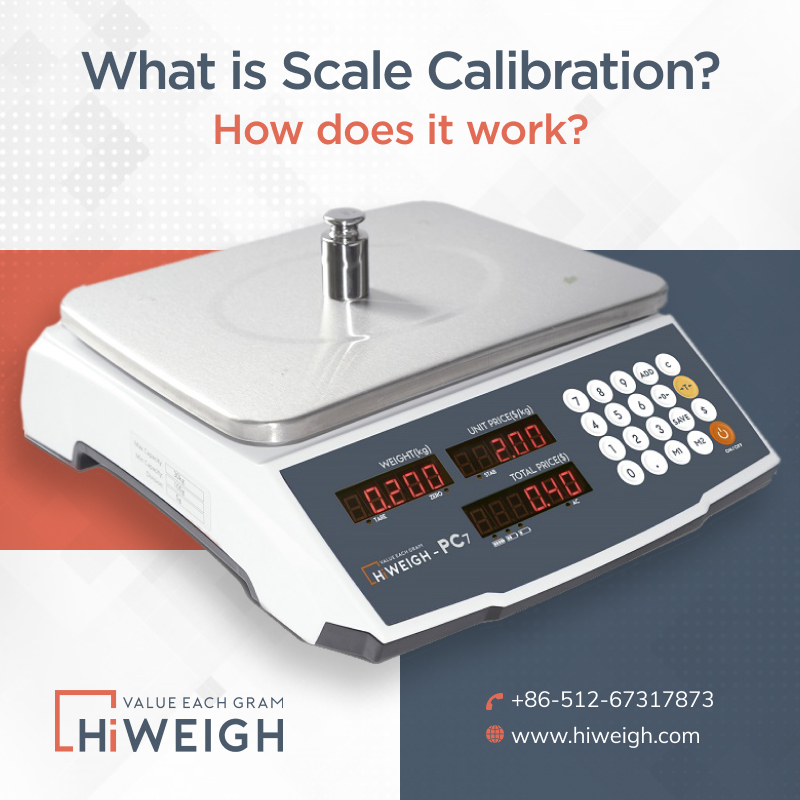If your business involves the use of scales, then you need to ensure that it is calibrated. Accuracy does not remain intact, no matter how expensive the scale is.
With regular use, there will be wear and tear followed by a slip in accuracy. Scales that have been exposed to any mechanical or electric shock or is kept in an environment that is loaded with moisture, oil or metal chips, the process of degradation is accelerated. The process of testing out the scale in order to find out the kind of accuracy you need is known as calibration. This process is carried out with the help of weights known as calibration weights.
The process of scale calibration with the weights is particularly important in order to achieve a certain level of accuracy. Especially in a laboratory when the exact weights dictate the result, scale calibration is crucial.



How Does Scale Calibration Work?
The process of calibration begins with a certified mass being placed on your scale and the reading of the weight being recorded. Next, the weight reading is checked with the standards or within the calibration tolerance.
If the reading matches the standards, then no adjustments are required. When the readings do not match, you might require some service in order to get your scale to the standard level of accuracy.
What is Factory Calibration?
In most cases, when you buy a scale, it is calibrated by the manufacturer at the factory and delivered to it. You assume that once the scale reaches you, it is ready to be used. Unfortunately, that is not the case.
The only way you can achieve correct measures is to do that calibration all over again with calibration weights on-site because the factory and your location are different in terms of their distance and elevation.
How Frequently Should I Calibrate the Scales?
The frequency of your scale calibration will depend on your manufacturer. There are many kinds- industrial-scale manufacturers and floor scale manufacturers, you will find some recommendations about the use of your scale.
Things like how frequently you can use the scale, the environment they can be exposed to, and the importance of exact weight to your business.
At times calibration is done once every month, while some scales are calibrated once every year. There are some scales that require spot calibration on a daily basis for accuracy.
However, to find out how often you need to calibrate your scales, you must consult with the recommendation of the manufacturer.
What Is Meant By Legal-For-Trade Calibration?
Scales used for trade and commercial purposes need legal-for-trade calibration. This specifically means that you must use calibration weights to get your scale calibrated as per the standards mentioned in the National Institute of Standards and Technology (NIST).
In Handbook 44 also known as the “specifications, tolerances, and other technical requirements for weighing and measuring devices” also as guidelines to calibrate your scales as per the national standard.
Another important aspect to keep in mind is documentation. It is not enough to calibrate your scales, you must have a calibration certificate without which the calibration never happened.
Conclusion
calibration of scales is important and needs to be done consistently with the help of calibration weights. No matter how expensive your weights are or how much you plan as preventive measurement, the performance of your scales will suffer and it will be calibration.
For commercial purposes, you need a solid legal-for-trade calibration plan in place so that your scales meet the requirements mentioned in Handbook 44. If you are working as per the international standards, you need to meet ISO/IEC 17025 requirements.
